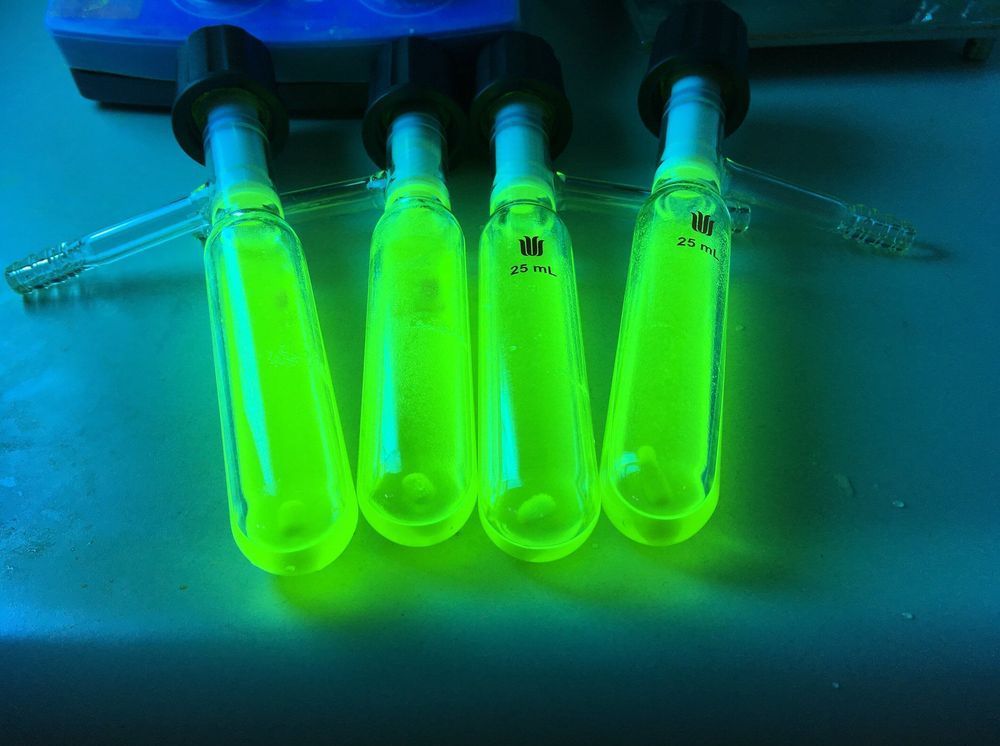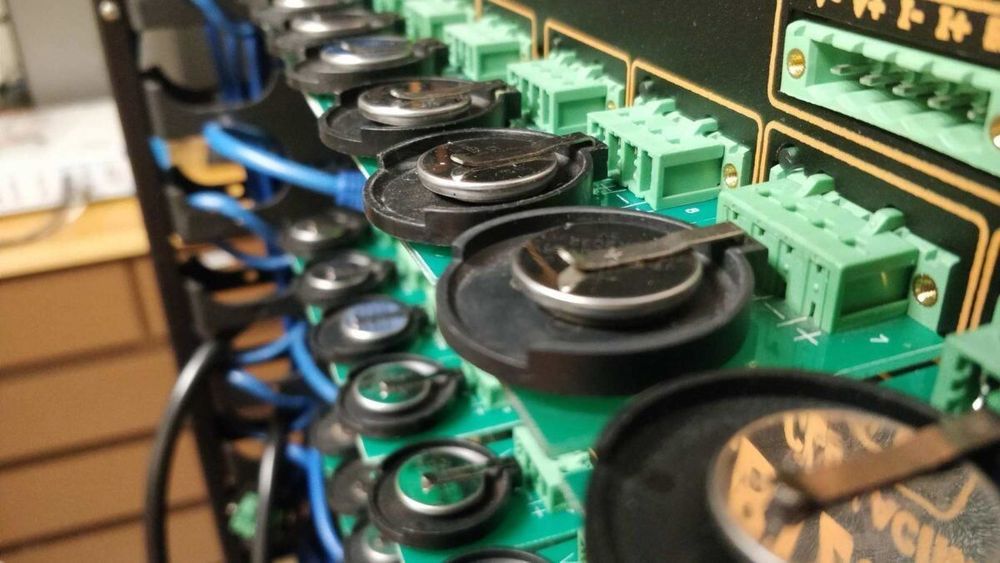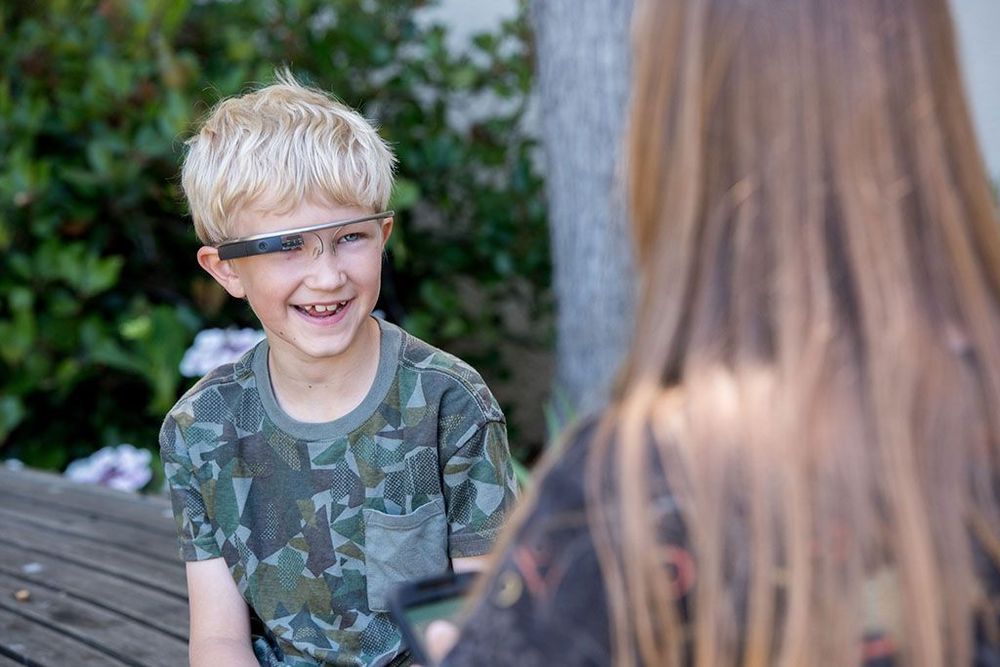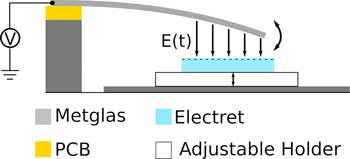At the Paul Scherrer Institute PSI, researchers have gained insights into a promising material for organic light-emitting diodes (OLEDs). The substance enables high light yields and would be inexpensive to produce on a large scale—that means it is practically made for use in large-area room lighting. Researchers have been searching for such materials for a long time. The newly generated understanding will facilitate the rapid and cost-efficient development of new lighting appliances in the future. The study appears today in the journal Nature Communications.
The compound is a yellowish solid. If you dissolve it in a liquid or place a thin layer of it on an electrode and then apply an electric current, it gives off an intense green glow. The reason: The molecules absorb the energy supplied to them and gradually emit it again in the form of light. This process is called electroluminescence. Light-emitting diodes are based on this principle.
This green luminescent substance is a hot candidate for producing OLEDs, organic light-emitting diodes. For about three years now, OLEDs have been found in the displays of smartphones, for example. In the meantime, the first flexible television screens with these materials have also come onto the market.








